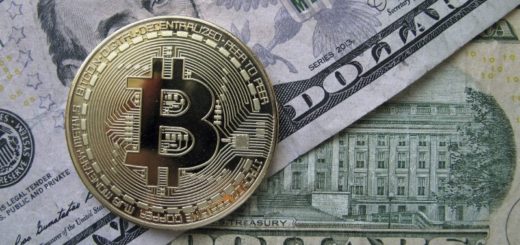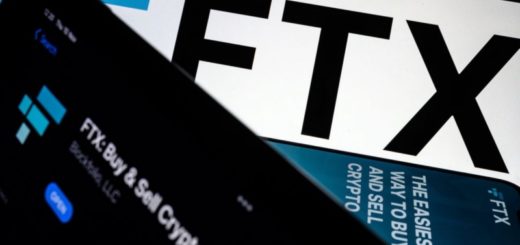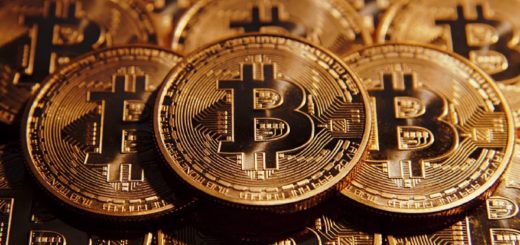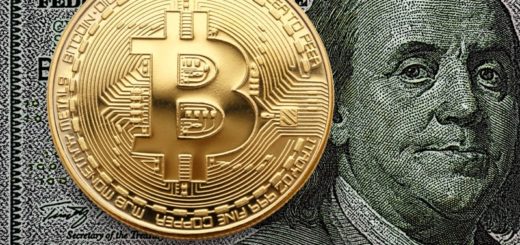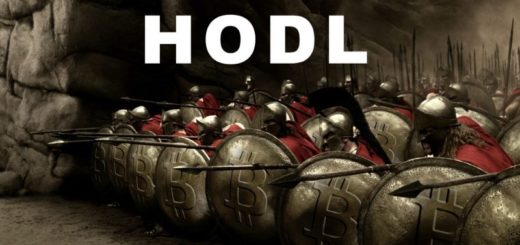Bitcoin Will Emerge Stronger From The Failure Of The Facebook’s Libra
Bitcoin is the only way for a non-sovereign and global digital currency to be successful.

After several months of rumors, Facebook had finally chosen June 2019 to announce the launch of its cryptocurrency project in mid-2020. Named Libra, this project saw 27 strategic partners joining forces with Facebook to become founding members of Mark Zuckerberg’s Blockchain.
27 Partners Initially Around Facebook Behind The Blockchain Libra
Among the 27 partners, there were major names in Tech with Lyft, Uber and Spotify, telecommunications companies such as Vodafone and Iliad, companies from the Blockchain’s world with Coinbase and Xapo, venture capital companies such as Andreessen Horowitz and Thrive Capital, but above all several strategic partners in the payment industry:
- PayPal
- Visa
- Mastercard
- Stripe
Facebook was careful to announce that these 27 partners were founding members of the Libra Association and that as such they would all have the same weight as Mark Zuckerberg’s company in the decisions that would be made for the future of the Blockchain Libra.

Technically, the Libra is more of a stablecoin than a real cryptocurrency such as Bitcoin. Facebook announcing during the summer that the Libra price would be backed by a panel of fiduciary currencies including the US Dollar, the Euro and the Yen.
Nevertheless, the nearly 2.5 billion users of the Facebook, WhatsApp and Instagram networks quickly made all analysts around the world fantasize about the possibility for Facebook to crush Bitcoin by promoting a massive adoption of its cryptocurrency. It must be said that the Facebook’s project to directly integrate its future Wallet Calibra into his messaging applications had the potential to quickly boost the use of the Libra.
Libra Is Under Pressure From G7 Countries
All the fantasies of the future launch of the Libra were quickly tempered during the summer when the central bankers of the G7 member countries took over the file. Money is still the preserve of countries and they clearly do not intend to let Facebook impose its law in this regalian domain.
A task force has therefore been set up within the G7 to study how to slow down or even ban Libra. The goal for the members of the G7 countries, including the United States, is to slow down as much as possible the launch of the Libra or even to bury Mark Zuckeberg’s desire in the world of cryptocurrencies.
Mark Zuckerberg’s and Facebook’s quarrels with US and European regulators will clearly not help Libra in the coming months. Under pressure from US regulators and legislators, Mark Zuckerberg will still have to answer many questions in an official way in the coming months.
Libra Sees Its Partners In The Payment Industry Leave
In this delicate context, US regulators and legislators have constantly put pressure on the giants of the payment industry, such as Visa, Mastercard, Stripe and PayPal.

Recently, two American Senators sent a letter to these companies to alert them to the following point:
“Facebook has not provided a clear plan on how to prevent Libra from facilitating the financing of criminal and terrorist activities, destabilize the global financial system, interfere with monetary policies or expose consumers to risks that currently only affect professional investors.”
The rest of the letter sent to Visa, Stripe or Mastercard clearly shows that they had more risks to continue the Libra adventure than anything else:
“If you stay in the project, you can expect extensive reviews from regulators not only of payment activities related to Libra, but also of all your payment activities.”
While PayPal had already announced its withdrawal from the Libra project a few days ago, Visa, Mastercard, Stripe or even eBay have decided to do the same, leaving Facebook without a payment industry partner for its Libra Blockchain, which will prove to be highly problematic.
The position of these giants of the payment industry being very well summarized by this politically correct statement by the leaders of Stripe:
“Libra has this potential. We will follow its progress closely and remain open to working with the Libra Association at a later stage.”
Despite this potential, these companies preferred to be cautious with Libra, leaving the project aside.
Bitcoin Is The Only Way For A Non-Sovereign And Decentralized Digital Global Currency
Despite the ambitions expressed by Mark Zuckerberg and Facebook regarding Libra, we can see that political pressure is far too strong from the G7 countries, particularly for the project to really succeed.

In addition to the fact that Libra had finally only moved the problem by placing control of a global digital currency in the hands of a private actor such as Facebook, Mark Zuckerberg must realize that his Libra project will probably not see the light of day in 2020 as expected.
It is very likely that it will never see the light of day as some analysts are beginning to announce. Central bankers in the G7 countries will not accept to lose their power to a private actor like Facebook without reacting.
While some saw Libra as a real threat to the future of Bitcoin because of the 2.5 billion Facebook users, they will have to face the facts and accept the following truth:
Bitcoin is the only way for a digital global currency to be a great success while being totally decentralized, non-sovereign and based on a model that requires no leader.
The future will tell us more, but I sincerely believe that Libra’s setbacks will get worse in the future and that Bitcoin will come out even stronger, as usual.
